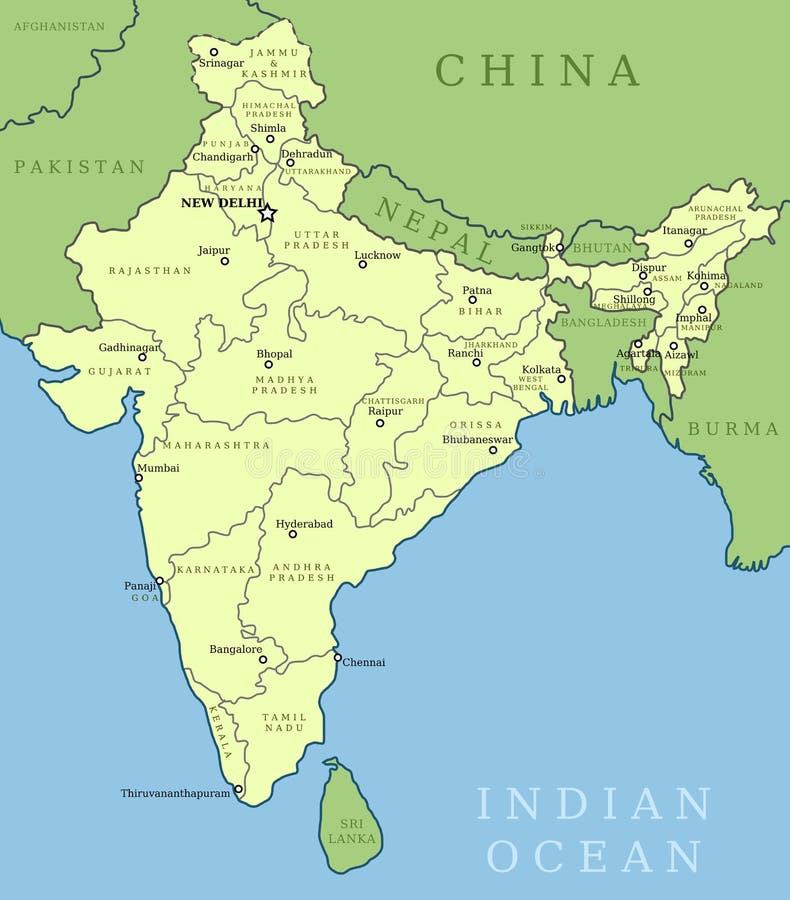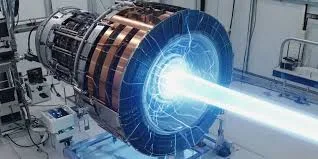
Political Web and Economic Growth in India: A Complex Relationship
Yes, political involvement can be a significant obstacle to India’s economic growth in the coming years. While a stable and functioning political system is crucial for economic development, excessive political interference, corruption, and policy instability can hinder progress.
Here are some specific ways political factors can impede economic growth:
- Policy Uncertainty: Frequent changes in government policies, driven by political considerations rather than economic rationale, can create uncertainty for businesses and investors, discouraging investment and entrepreneurship.
- Corruption: Corruption at all levels of government can divert resources, stifle competition, and reduce the efficiency of public services. This can increase the cost of doing business and reduce investor confidence.
- Inefficient Bureaucracy: Political patronage and nepotism can lead to inefficient and unresponsive bureaucracies, which can delay approvals, hinder infrastructure development, and discourage foreign investment.
- Populism: Populist policies that prioritize short-term political gains over long-term economic development can lead to unsustainable fiscal deficits, inflation, and economic instability.
- Social unrest: Political instability and social unrest can disrupt economic activity, damage infrastructure, and create a negative business environment.
However, it’s important to note that the relationship between politics and economics is complex and multifaceted. In some cases, political factors can actually contribute to economic growth. For example, strong political leadership, effective governance, and targeted social policies can create a favorable environment for investment and development.
Ultimately, the impact of political factors on India’s economic growth will depend on the specific policies implemented, the quality of governance, and the ability of the government to balance political considerations with economic objectives.




